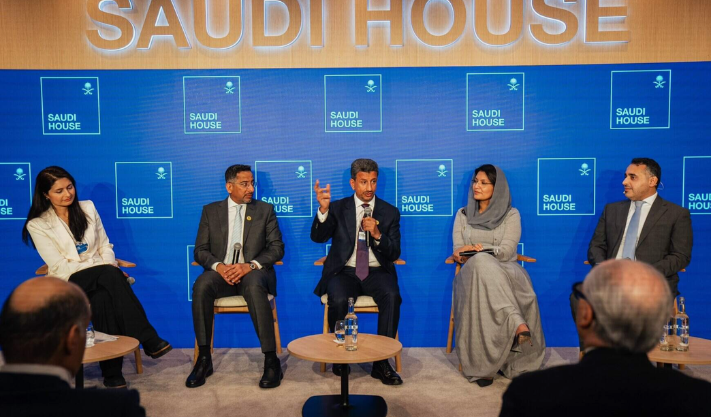Mental Health Awareness in the Middle East: Breaking the Stigma
Mental health awareness is a crucial global issue, but in the Middle East, it carries unique challenges due to cultural, social, and historical factors. Despite the progress made in recent years, mental health remains a topic often surrounded by stigma and misunderstanding. However, efforts to raise awareness and provide better access to mental health services are gaining momentum, bringing hope to many individuals struggling in silence.
The Cultural Stigma Surrounding Mental Health
One of the major barriers to mental health awareness in the Middle East is the cultural stigma associated with psychological disorders. In many societies across the region, mental illness is often perceived as a weakness, a spiritual failing, or even a punishment from a higher power. As a result, individuals suffering from conditions such as depression, anxiety, or schizophrenia may hesitate to seek professional help for fear of being ostracized by their families and communities.
This stigma is deeply rooted in traditional values that emphasize resilience, familial reputation, and social conformity. People with mental health challenges may be discouraged from discussing their struggles openly, leading to further isolation and worsening conditions. In extreme cases, families may hide a relative’s mental illness out of shame, preventing them from receiving the necessary treatment and support.
The Growing Recognition of Mental Health Issues
In recent years, there has been a significant shift in the perception of mental health in the Middle East. Governments, NGOs, and activists have started advocating for mental health awareness, aiming to change societal attitudes and improve access to care. Countries such as the United Arab Emirates, Saudi Arabia, and Qatar have launched national mental health programs to integrate psychological services into healthcare systems and raise public awareness.
Social media has played a pivotal role in this transformation. Platforms such as Twitter, Instagram, and TikTok have become avenues for individuals to share their experiences, connect with mental health professionals, and challenge outdated perceptions. Influencers, celebrities, and mental health advocates have also contributed to breaking the silence surrounding mental health by openly discussing their struggles and encouraging others to seek help.
Challenges in Accessing Mental Health Services
Despite the positive changes, many challenges remain in providing adequate mental health care in the Middle East. Limited funding, a shortage of trained professionals, and inadequate mental health infrastructure continue to hinder progress. Additionally, language barriers and cultural differences often mean that Western therapeutic models are not always effective for Middle Eastern populations.
Efforts are being made to develop culturally sensitive approaches that incorporate traditional healing practices with modern psychological treatments. Religious leaders and community elders, who hold significant influence, are also being engaged in discussions to promote mental well-being in ways that align with cultural and spiritual beliefs.
The Road Ahead
Breaking the stigma surrounding mental health in the Middle East requires continued effort from governments, healthcare providers, educators, and communities. Education and awareness campaigns, policy reforms, and improved access to mental health services are essential steps toward fostering a society where individuals feel safe to seek help without fear of judgment.
As attitudes continue to shift, there is hope that mental health will no longer be a taboo subject but rather a recognized and prioritized aspect of overall well-being. By working together, the Middle East can pave the way for a more inclusive and compassionate approach to mental health care.
Published: 15th February 2025
For more article like this please follow our social media Twitter, Linkedin & Instagram
Also Read:
Dubai’s stock index hits 10-year high, led by industry gains
Saudi Arabia faces a $31B deficit in 2024 due to low oil revenue
UAE Aviation Authority plans air routes for self-flying travel





